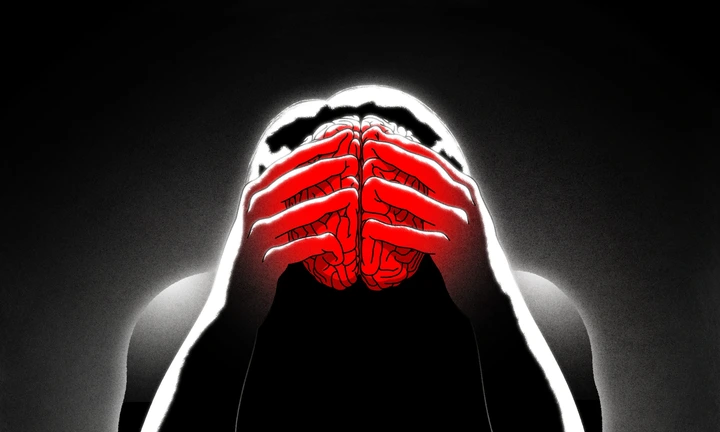It is very sad when one is passing through depression, and most people doesn’t know how togo about it or come out of it, but in this article i can offer some general suggestions that may help you in battling depression.
However, it’s important to remember that these are not a substitute for professional advice, and seeking support from a mental health professional is highly recommended.
Reach out for support:
Share your feelings with someone you trust, such as a close friend or family member.
Talking about your struggles can provide emotional relief and help you feel less isolated.
Seek professional help:
Consider scheduling an appointment with a mental health professional, such as a therapist or psychiatrist.
They can provide an accurate diagnosis, guidance, and appropriate treatment options tailored to your specific needs.
Take care of your physical health:
Engage in regular exercise, eat a balanced diet, and ensure you get enough sleep.
Physical activity releases endorphins, which can improve your mood, and maintaining a healthy lifestyle overall can positively impact your mental well-being.
Establish a routine:
Create a daily schedule that includes activities you enjoy and tasks that give you a sense of purpose.
Having a routine can provide structure and stability, making it easier to manage depressive symptoms.
Engage in activities you enjoy:
Participate in activities that bring you joy, whether it’s hobbies, creative outlets, or spending time with loved ones.
Engaging in pleasurable activities can help uplift your mood and provide a distraction from negative thoughts.
Practice self-care:
Prioritize self-care by engaging in activities that promote relaxation and self-soothing.
This can include practices like meditation, deep breathing exercises, taking warm baths, listening to music, or reading a book.
Challenge negative thoughts:
Depression often involves negative thinking patterns. Try to identify negative thoughts and replace them with more positive and realistic ones. Cognitive-behavioral therapy (CBT) techniques can be particularly helpful in this regard.
Avoid excessive substance use:
While alcohol or drugs may provide temporary relief, they can worsen depression in the long run.
It’s important to be mindful of substance use and seek healthier coping strategies.
Reach out to support groups:
Consider joining support groups or online communities where you can connect with others who are going through similar experiences.
Sharing your struggles, listening to others, and gaining insights can be beneficial.
Stay hopeful:
Remember that depression can be treated, and with time and support, things can improve.
It may take time to find the right treatment approach, but it’s essential to stay hopeful and keep seeking the help you need.
Remember, everyone’s experience with depression is unique, and it’s important to find strategies and treatments that work best for you.
Don’t hesitate to reach out to a mental health professional for personalized guidance and support.


